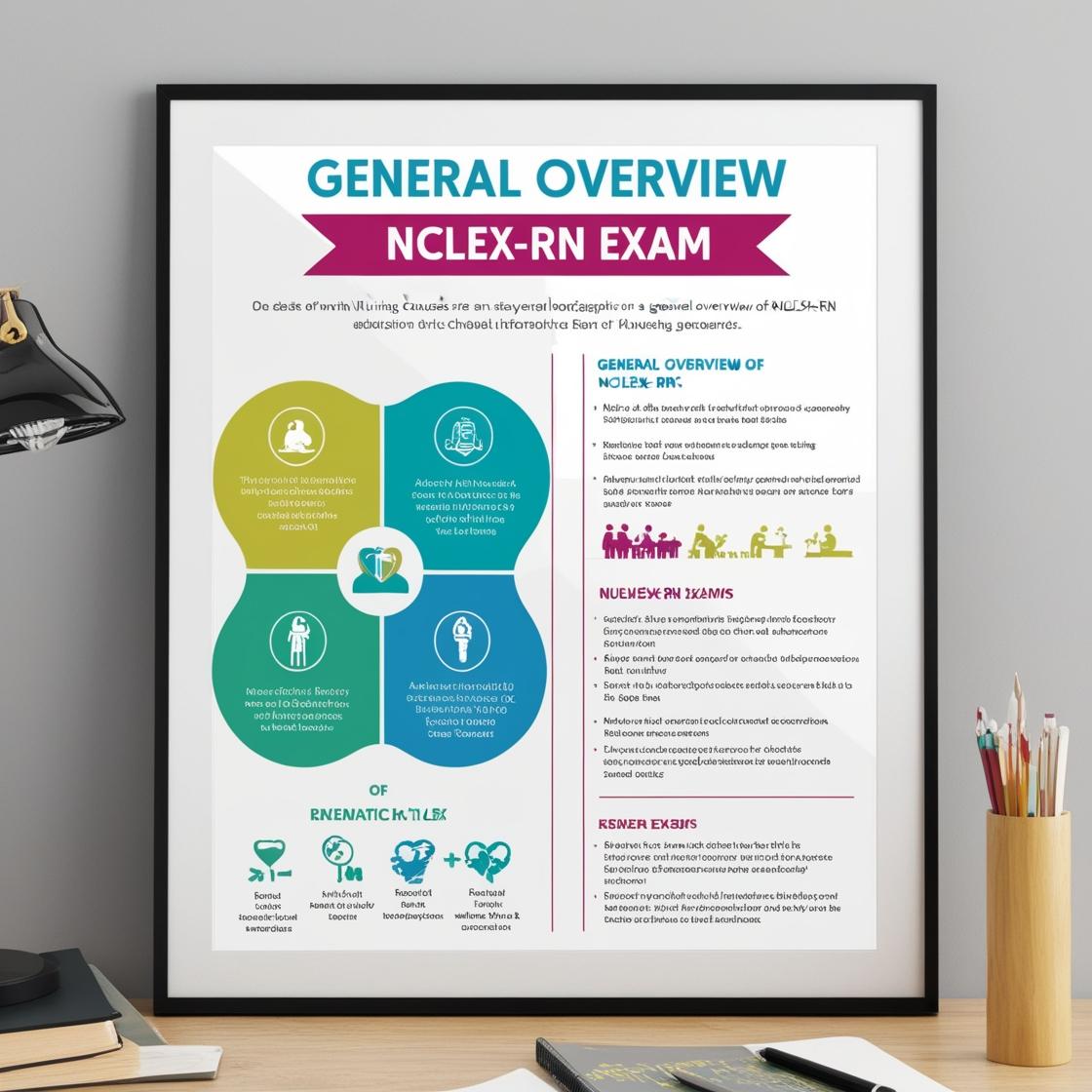NCLEX NCLEX-RN
Psychosocial Integrity NCLEX Questions
1. A female client who is undergoing infertility testing is taught how to examine her cervical mucus. After listening to the instructions, the client says, 'That sounds gross. I don't think I can do it.' Which conclusion would the nurse make from this statement?
- A. The client is unduly fastidious.
- B. The client feels that having a baby is not that important.
- C. The client may be uncomfortable with performing manual examination of the genitals.
- D. The client is afraid that she is the cause of the infertility.
Correct answer: C
Rationale: The client's statement expressing discomfort with the procedure indicates a potential unease with performing a manual examination of her genitals. It is not uncommon for individuals to feel uncomfortable or anxious about such intimate procedures. The nurse should explore this further with the client to address any concerns or fears. The option stating that the client is unduly fastidious lacks evidence and is not supported by the client's statement. The assumption that the client does not value having a baby is not warranted based on the given statement. While self-blame is a common emotional response in cases of infertility, the client's statement does not directly suggest this as the primary concern in this scenario.
2. A client who is to undergo dilation and curettage and conization of the cervix for cancer appears tense and anxious. Which approach would the nurse use to support the client emotionally?
- A. Explaining that these procedures are considered minor surgery
- B. Asking whether something is troubling the client and whether she'd like to talk about it
- C. Stating that the procedures are routine and asking what the client is really worried about
- D. Explaining that everyone is fearful before the surgery even though there is little reason to worry
Correct answer: B
Rationale: The correct approach for the nurse to support the client emotionally is to ask whether something is troubling the client and if she would like to talk about it. This approach acknowledges the client's anxiety and encourages communication without dismissing her feelings. Option A, explaining that the procedures are minor surgery, may invalidate the client's emotions. Option C assumes the client is worried about something specific, which may not be the case, leading to miscommunication. Option D provides false reassurance and may hinder open communication by dismissing the client's feelings as unwarranted.
3. Based on Maslow's hierarchy of needs, which client is demonstrating characteristics of self-actualization?
- A. Client is competent and esteemed by others for accomplishing work goals
- B. Client maintains a stable, loving, same-sex partnership for several years
- C. Client learns to sublimate aggressive impulses using physical exercises
- D. Client has an accurate perception of reality and is accepting of self and others
Correct answer: D
Rationale: According to Maslow's hierarchy of needs, self-actualization is the highest level where individuals strive to reach their full potential and achieve personal growth. A self-actualized person, as per Maslow, has an accurate perception of reality and is accepting of themselves and others. This individual is characterized by traits such as fairness, independence, spontaneity, and creativity. While choices A, B, and C represent important aspects of human needs fulfillment, they align more closely with lower levels in Maslow's hierarchy. Choice A refers to meeting self-esteem needs, choice B relates to love and belonging needs, and choice C addresses safety needs, all of which are below self-actualization in the hierarchy of needs.
4. According to psychodynamic theory, what purpose do delusions serve?
- A. Delusions are a defense against anxiety caused by real or imagined threats.
- B. Magical thinking is a delusion that ensures desirable outcomes.
- C. Delusions are a method of dealing with and interpreting external stimuli.
- D. Subconsciously, delusions are a way to safely express anger and hostility.
Correct answer: A
Rationale: According to psychodynamic theory, delusions serve as a defense mechanism against anxiety triggered by real or perceived threats. Delusions are the individual's unconscious way of protecting themselves from overwhelming feelings of anxiety. Magical thinking, on the other hand, involves believing that one's thoughts can influence external events. This is not the same as delusions. Delusions are not a way of interpreting external stimuli but rather a defense mechanism. Expressing anger and hostility is typically associated with defense mechanisms like displacement or projection, not delusions.
5. When assessing the mental status of a young school-aged child, which action would be important for the nurse to take?
- A. Listen to the parents' description of the child's behavior.
- B. Compare the child's function from one occasion to another.
- C. Engage the parents in a discussion about the child's feelings.
- D. Determine the child's mental status through direct questioning.
Correct answer: B
Rationale: To accurately assess the mental status of a young school-aged child, it is crucial for the nurse to compare the child's function over time. This approach allows for a more objective evaluation of the child's mental status. While listening to the parents' description of the child's behavior can provide valuable insights, it may be biased and subjective. Engaging parents in discussions about the child's feelings is important for overall understanding but may not directly assess the child's mental status. Directly questioning the child about their mental status can be threatening and may lead to anxiety, making it a less optimal approach compared to observing and comparing the child's function over time.

Access More Features
NCLEX RN Basic
$69.99/ 30 days
- 5,000 Questions with answers
- Comprehensive NCLEX coverage
- 30 days access
NCLEX RN Premium
$149.99/ 90 days
- 5,000 Questions with answers
- Comprehensive NCLEX coverage
- 90 days access
